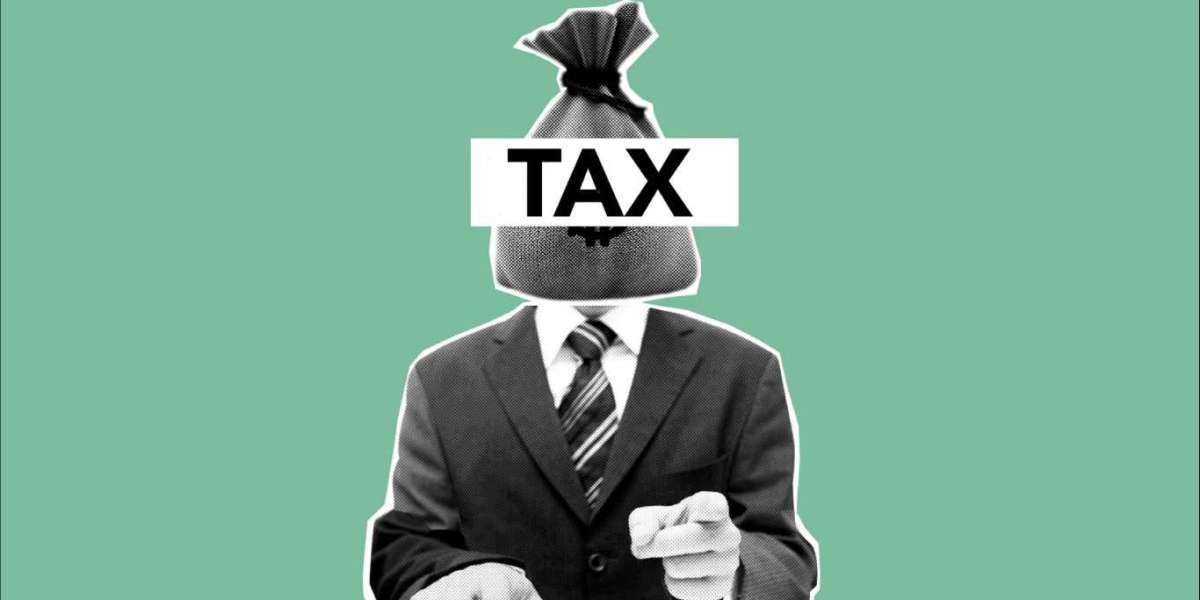“A fine is a tax for doing something wrong. A tax is a fine for doing something right” — Lowell Nussbaum
If you are confused about the difference between tax evasion and tax avoidance, you are not alone. Many people confuse these two terms, thinking they mean the same thing, but that’s not true at all. Tax evasion and tax avoidance both describe methods of minimizing your tax liability, but they are different in that one has to do with breaking the law and the other does not.
However, it's important to understand what they are before committing to them. This guide will explain what is tax evasion and how it is different from tax avoidance as well as the penalties of tax evasion and how to minimize your tax liability.
What is Tax Evasion?
Tax evasion is willfully violating tax laws by way of underreporting or non-reporting of taxable income. Examples include, but are not limited to, using illicit businesses to make money that can not be traced.
Similarly, accounting schemes can also be used for evading taxes. Anytime a taxpayer tries to mislead or deceive authorities about financial information is technically considered tax evasion. People who engage in these activities are usually subject to criminal charges, along with hefty fines and jail time.
Common Penalties of Tax Evasion:
Penalties for tax evasion vary by country but can be pretty severe, including fines and possible jail time for more serious infractions. In certain instances, it’s also a criminal offense with a potential prison sentence.
Difference Between Tax Evasion and Tax Avoidance:
Though it might seem like they are the same, tax evasion and tax avoidance are entirely different actions in terms of compliance and legality—but what are their similarities? They both involve setting up strategies to legally reduce your tax liability, with one main difference: Tax evasion is illegal and potentially comes with severe penalties for those found guilty, while tax avoidance is a legal way to reduce your taxes based on how you structure your business or personal finances.
How to Minimize Your Tax Liability
In order to reduce your tax liability, you should minimize how much you spend and try to eliminate unnecessary expenditures that could boost your tax bill. You can also structure your personal finances in a way that minimizes income taxes, such as having retirement accounts like Roth IRAs and traditional IRAs, since they provide tax-free income later on.
Conclusion
Each case of tax evasion is unique, and you should speak with a tax lawyer about your specific situation. Still, there are some cases where a skilled attorney may be able to help you navigate murky legal waters. While avoiding taxes is not an excuse for not paying them, it’s also never too late to right your wrongs.
Visit https://cryptoasset.bar/



